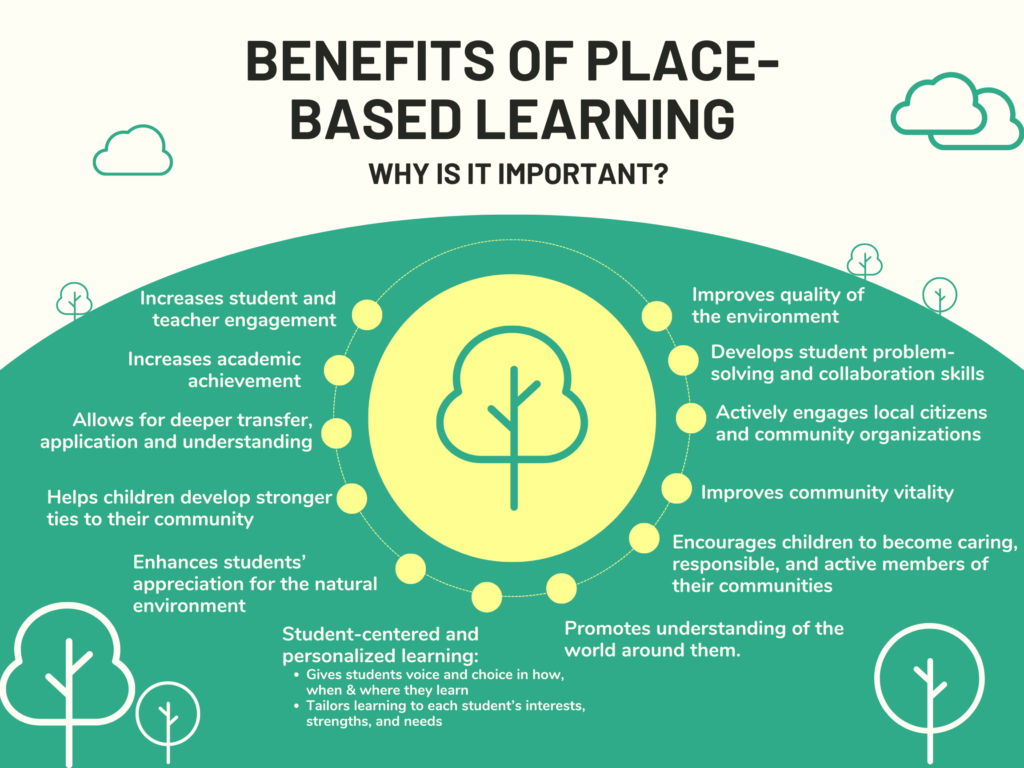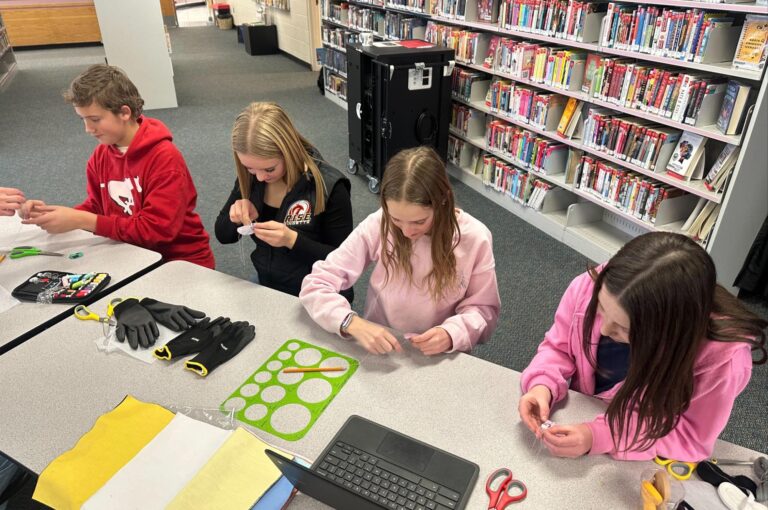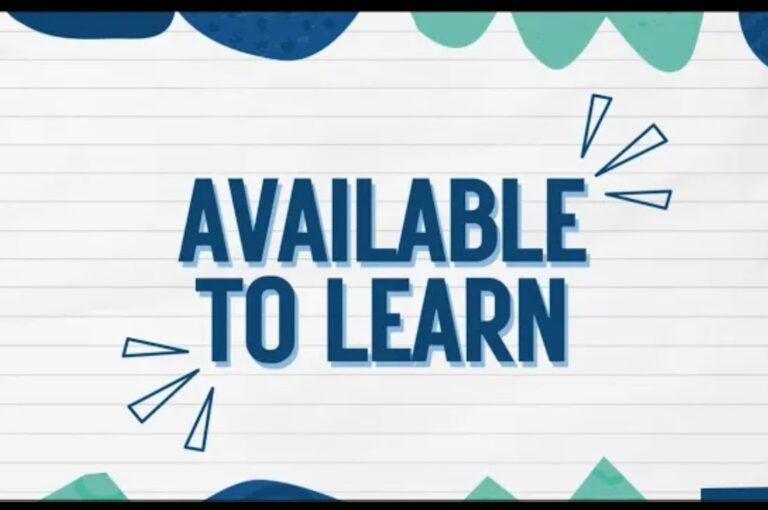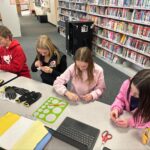Place-based learning is an innovative educational approach that leverages the local community and environment to enhance the learning experience for students. By incorporating real-world experiences and hands-on activities, this approach brings the curriculum to life, fostering deeper understanding, engagement, and connection with the world around us.
In place-based learning, the classroom extends beyond the traditional four walls. Instead, students embark on educational journeys within their own communities, exploring the rich resources and opportunities available to them. Whether it’s studying history by visiting local landmarks, conducting scientific experiments in nearby parks, or engaging with community experts, this approach immerses students in authentic learning experiences that are relevant to their lives.
The core principle of place-based learning is relevance. By grounding the curriculum in the local context, students can see the direct applications of their learning in their own community. This relevance not only makes the content more meaningful and relatable, but it also sparks curiosity and motivates students to delve deeper into their studies.








